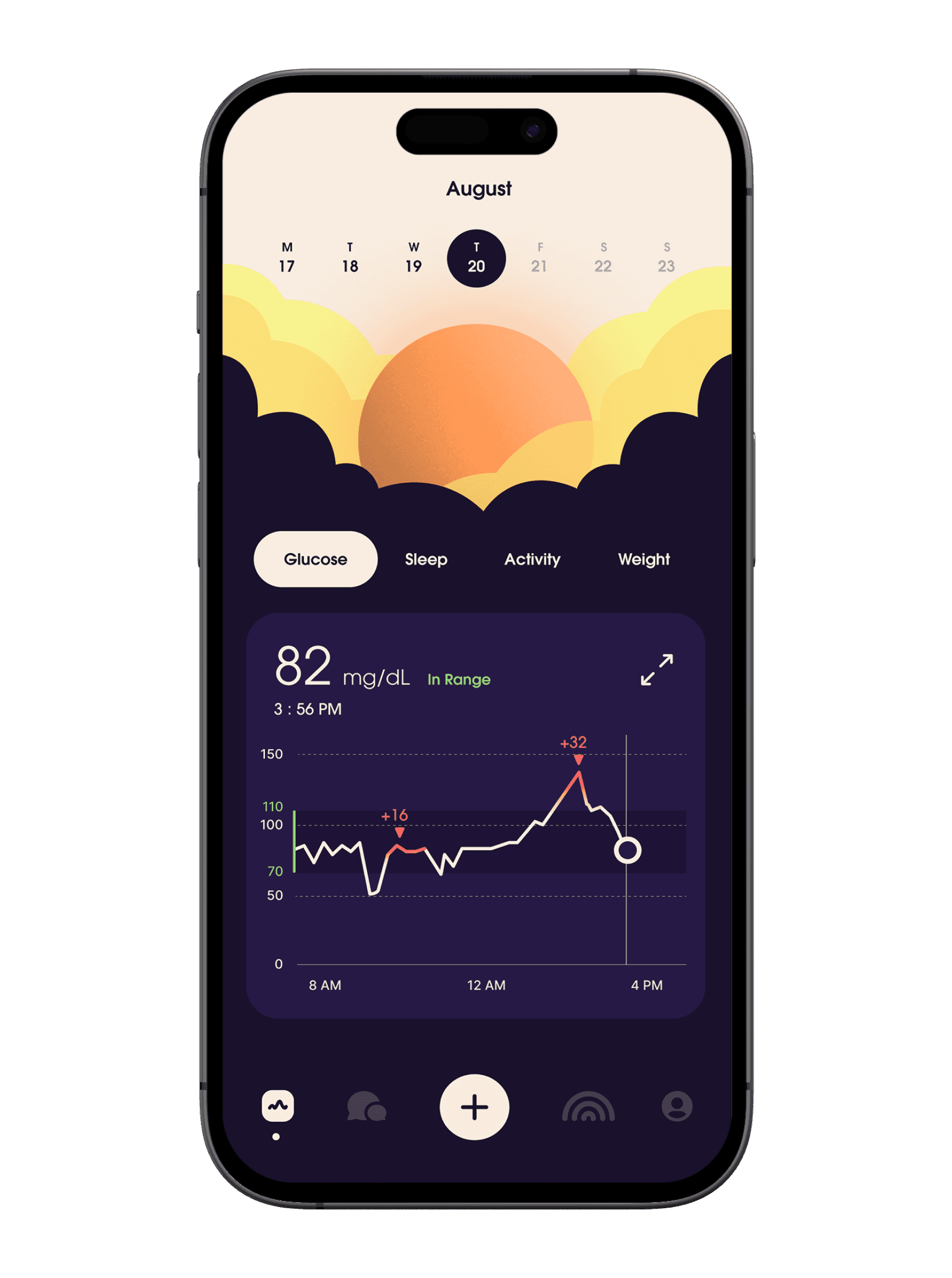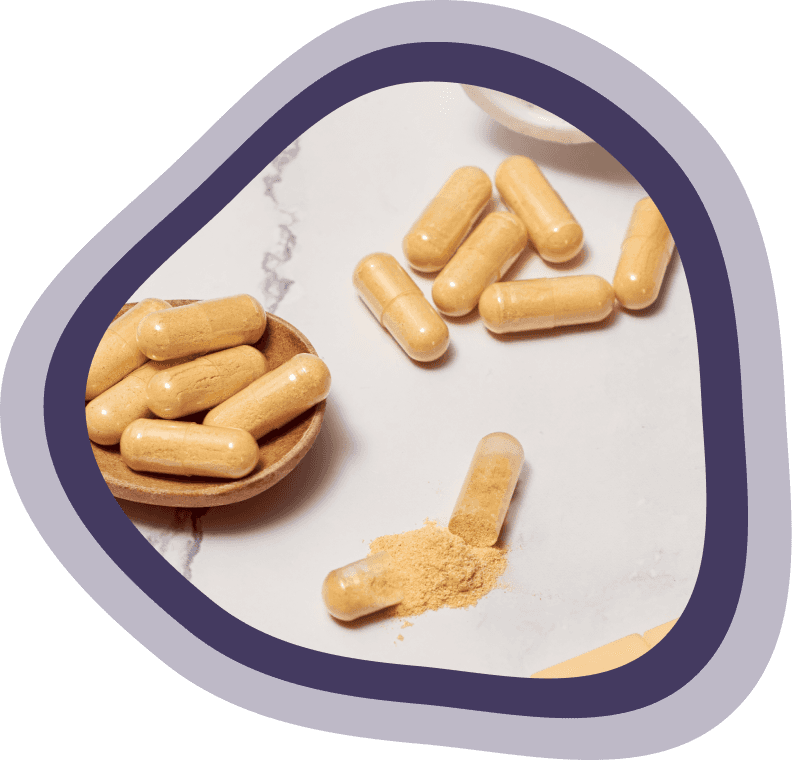Diabetes
Diabetes is a chronic metabolic disease that is caused by high blood sugar levels resulting from the body’s inability to produce or effectively use Insulin.
One of the tell-tell signs of diabetes is constant high blood sugar levels, this happens when the body is having trouble using glucose.
There are two types - Type 1 is a result of the immune system destroying insulin production cells in the pancreas.
Type 2 diabetes starts with insulin resistance, this is when your body is not responding to insulin properly and makes it hard for effective use of glucose.
Gestational Diabetes is a condition developed during pregnancy. It indicates that the body isn't making enough insulin for you and the baby’s needs.
Did you know that Diabetes is one of the leading causes of death in the US, the numbers have quadrupled since 1980.
Diabetes is a growing problem, causing serious health complications and death.
How Diabetes affects your body?
Take Care of Your Diabetes


Here is our gift to you!
We are currently gathering feedback for the app and providing the app at no cost!




